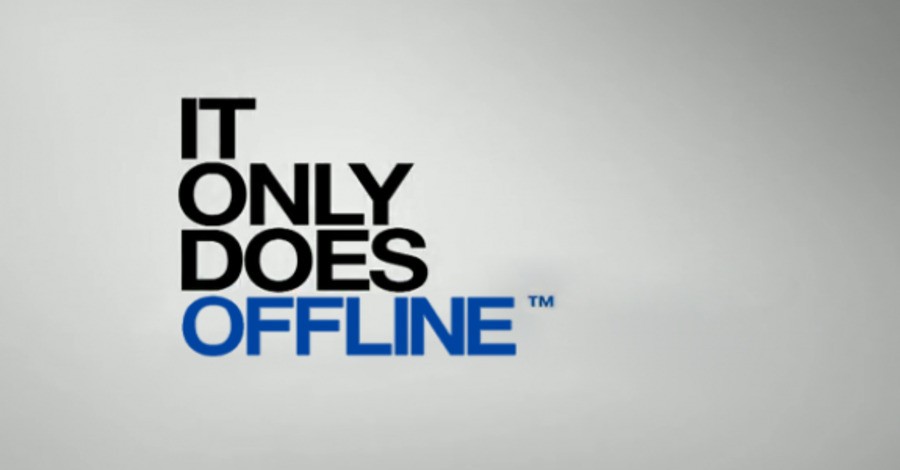
People were particularly hostile towards Sony during the dark days of the PlayStation Network hack a couple of years ago – but a new report from cyber security firm Kaspersky Lab has outlined just how much strain the platform holder’s constantly under. According to Consumer Affairs, the manufacturer – alongside Microsoft – has been forced to fight off a daily average of over 34,000 attacks since the PlayStation 4's record-breaking North American release on 15th November. Allegedly, there are 4.6 million known pieces of gaming focused malware out in the wild, too.
The report stresses that hackers are not necessarily interested in your bank account details and credit card number, but rather your username and password. These can apparently be sold for cash on underground forums, where such information comes with a premium price point attached. Of course, in addition to the breach on Sony’s own servers, we’ve watched dozens of game developer websites and forums be taken down over the past few months as shady programmers attempt to track down your information.
“We've just seen two of the biggest console launches ever, with the PS4 and the Xbox One,” said senior security researcher David Emm. “That means that there will be more gamers for criminals to target, especially as the Sony and Microsoft machines increasingly use the Internet for a fuller gaming experience. And don't forget the PC, [which is] still the most popular gaming platform and cyber crooks' favourite target.” Wouldn’t it be nice if we could all just play nicely and get along?
Worryingly, the hacks don't always stem from elaborate coding strings. Phishing scams are rife around the 'net, with some chancers attempting to lure gamers in with the promise of free downloads for blockbusters such as Grand Theft Auto V. Our advice: if it sounds too good to be true, don’t click on it. But this should all serve as a pertinent reminder of the importance of regularly refreshing your passwords, keeping your anti-virus bang up to date, and never entering personal details on a website that you’re not sure about. Sony’s hopefully got its security in order now – but you need to remember to be vigilant with your own information, too.
[source consumeraffairs.com]





Comments 6
I don't understand why people do this.
PC is the most popular gaming platform?
That aside, it took hackers 3 years to hack the PS3, so if the PS4's security has been improved, then I'm not worried.
Nothing new here.
My account was hacked several years ago.
I sold my PS3. Bought a new one some time later. Signed in and everything on my account had been changed. The avatar, the games. Someone was having a party. Not for long. I contacted Sony and they locked my account.
Nice try fellas. Your party is over.
@BornOfEvil That's not true at all. Keep in mind we only hear about the big attacks and data like this supports the fact that hackers are always active.
It's fair to say thay have there work cut out for them, I bet it's one hell of a job keeping on top of it 24/7. I know what I would do in there place,
@Shellybird27 hackers just gotta hack. It keeps the industry's genes strong, exactly like Darwinism. You just gotta hire the very best ones
Leave A Comment
Hold on there, you need to login to post a comment...